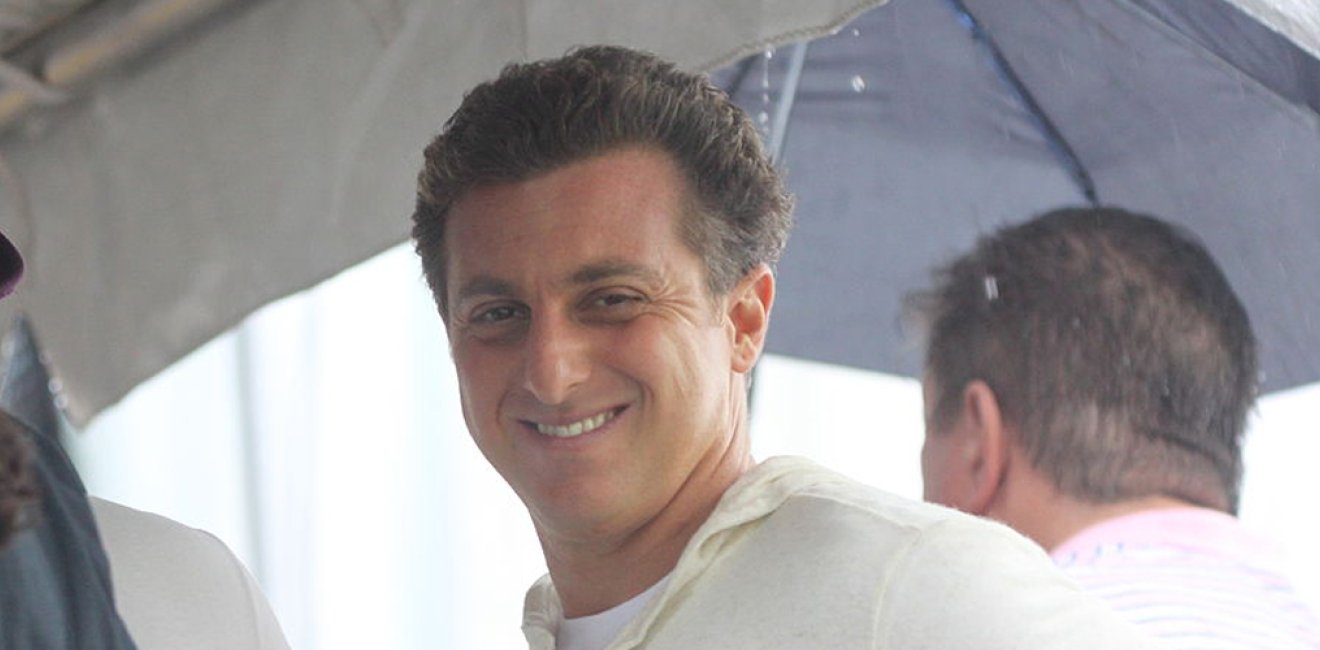
A blog of the Wilson Center
Editor's Note: Since the publication of Luciano Huck's October 17, 2017 article in Folha de S. Paulo, the content of which is discussed below, Huck authored a second op-ed in the paper denying any plan to run for president of Brazil in 2018 (“No rumo” or "On Track”, on November 27th), following weeks of speculation over his intentions and rumors that he was planning to announce his candidacy.
Brazil’s current political crisis has no precedent. The multitude of Brazilians that have expressed genuine interest and are engaged in exploring solutions equally lacks historical precedence since Brazil’s transition towards democracy. One such person that is dedicated to renewing the country’s politics is Luciano Huck, media personality and popular TV host of the show Caldeirão do Huck, a program that has dominated Brazilian airwaves every Saturday for the last fifteen years.
On October 17th, Luciano Huck pledged his support for new political movements that have emerged in Brazil since protests surrounding the World Cup began in 2013 in the article “Tempos e movimentos” (Times and Movements), published in Folha de S. Paulo, Brazil’s top daily. Huck vowed to support civic movements that foster political participation and values the role of the common citizen in the construction of a more equal and just Brazil. Due to his position outside of day-to-day politics, Huck insists that his contribution to Brazil’s political renewal may be more effective and relevant. In recent weeks, he has met with political leaders, economists and civic activists to explore the possibility of running for office, although according to press reports, his wife—also a popular TV hostess—and family oppose the idea. Leading pollsters have suggested that his presence in the 2018 presidential race could substantially alter the electoral landscape. Huck is expected to make a decision before the end of the year.
In his article in Folha, Huck highlighted the accomplishments of the political movement Agora! (“Now!”), of which he is a member. Agora! consists of respected and competent professionals from diverse backgrounds who are mobilizing themselves to create a positive wave of civic engagement and launch alternative candidates in Brazil’s political system. Huck also praised the movement Renova Brasil (“Renew Brazil”), which includes businessmen, intellectuals, and entrepreneurs who vow to help open space to new leadership in Brazil’s otherwise stagnant and self-serving class. Overall, Huck insisted that Agora! and Renova Brazil are two movements among many that are encouraging well-intentioned citizens to run for office and are mobilizing society so that the act of voting becomes a weapon of transformation in the upcoming elections. Despite their varying proposals, these movements share a common belief in the power of the average citizen to transform society.
Huck contends that the political crisis has opened an opportunity for Brazil to redefine its institutions, values, and principles, thus beginning a new cycle in Brazil’s history. He recognized that this endeavor will be a long and arduous process, and will need to overcome the efforts of the traditional political elite—on both the right and the left—who, having the most to lose, will likely seek to obstruct reform. Regardless, Huck insists that increased engagement in political renewal is irreversible because voters no longer feel motivated or represented by the country’s current stale political class. His credibility comes in part from the wide popularity of his brand of television, which combines show business with the promotion of feel-good social causes—and he has built a successful business empire on this formula. His main political argument is that the solutions to Brazil’s challenges should start with the election—at all levels of politics—of a new crop of civic-minded and ethical leaders. According to Huck, this is possible through the innovative political movements that have emerged as a response to the crisis.
Luciano Huck's article can be found here
Author


Brazil Institute
The Brazil Institute—the only country-specific policy institution focused on Brazil in Washington—aims to deepen understanding of Brazil’s complex landscape and strengthen relations between Brazilian and US institutions across all sectors. Read more

Explore More in InoVozes
Browse InoVozes
Interview with Marcelo Calero, Career Diplomat and Federal Deputy

Interview with Tiago Mitraud, Federal Deputy and Leader of RenovaBR

Interview with Robeyoncé Lima, a Voice for Pernambuco’s LGBTQ+

